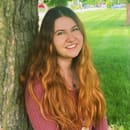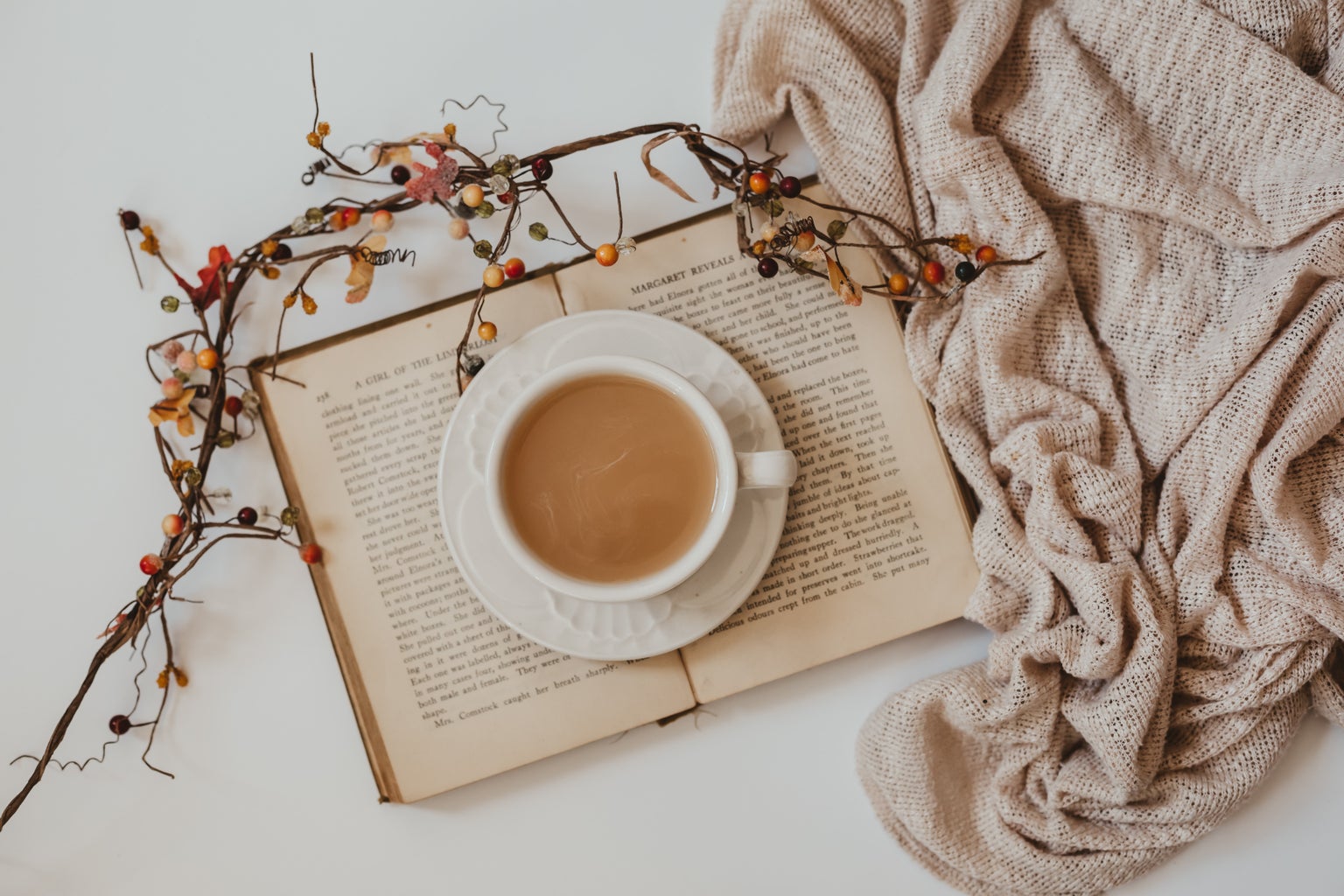I grew up reading classic novels. Books like Anne of Green Gables, The Secret Garden, Alice’s Adventures in Wonderland, and The Wind in the Willows were my comfort books. They were the ones my parents used to read to me when I was little until I was old enough to read them myself. As I got older, I broadened my horizons, falling in love with science fiction, YA, and fantasy novels, but my love of classic literature has never really faded.
Now that I’m in college (with an English literature minor!), I’ve noticed that I’m kind of an odd one out for liking classics as much as I do. It’s not that people at my school don’t like to read! In fact, the majority of my friends could spend entire days reading more modern books, but it seems like I’m kind of an odd one out for liking older classics as much as I do. I think that sometimes these types of books can appear boring, or like a chore to read, since they’re so commonly used for assigned reading, but I don’t think they have to be this way. So, I decided to come up with a list of ten novels that I think are perfect introductions for people who love to read that haven’t dived into the world of classics.
Disclaimer: many classic novels deal with very heavy topics. I’ve included content warnings (CWs) for a few of these books that I think warrant them, so please be kind to yourself if you choose to read any of these.
- The Remains of the Day by Kazuo Ishiguro
This book focuses on issues of class and culture in 1950s England. It’s an emotional, yet funny, read following Stevens, a butler at Darlington Hall. This book is lesser known than many other classics, but tells a very sweet, and also important, tale of life exploration in this culture.
- Things Fall Apart by Chinua Achebe
CW: suicide
Chinua Achebe paints a picture of the Umuofia clan, a Nigerian tribe, and primarily explores the life and downfall of a man named Okonkwo. This book was written as a response to Conrad’s Heart of Darkness, a book that perpetuated harmful, yet all too common, colonial myths about different tribes in Africa. If you ever feel inclined to read Heart of Darkness, I would suggest putting it down and reading this instead; it’s much more engaging, less tedious, and most importantly, way less problematic.
- Jane Eyre by Charlotte Bronte
I say I don’t have favorites but… this may be my all-time favorite book. Jane Eyre is a Gothic novel that considers class, women’s issues, and love, all of which is wrapped up in a fantastical story of Jane discovering the secrets of Mr. Rochester and his mansion. This book is a little longer than most on this list, but it’s so beautifully written and compelling that I had to include it. For anyone looking to read something suspenseful that will make you laugh while also making you think, this is the book for you.
- Their Eyes Were Watching God by Zora Neale Hurston
CW: domestic abuse and violence, racism, rape mentioned
A novel important to the Harlem Renaissance, this book follows Janie Crawford and her quest for independence as a young Black woman. Widely considered to be Hurston’s best work, this novel points out many aspects of American society that are very relevant to our current social climate, and I think it’s a very important book for anyone to read.
- Lady Audley’s Secret by Mary Elizabeth Braddon
At its core, this book is a Victorian feminist murder mystery. So, naturally, it was considered scandalous when it was published in 1862. This book’s protagonist, Lucy Graham, is one of the most compelling characters I’ve ever read about, which makes this book great both to just enjoy and read and also to analyze.
- The Awakening by Kate Chopin
If you can’t tell, I like books about women’s issues. And when you ask someone who loves classic novels to name a feminist story, The Awakening will likely be near the top of their list. Edna’s journey to understand her own independence and self-expression is fascinating, if maddening at times.
- Little Women by Louisa May Alcott
This is one of the only books I could reread endlessly and never get tired of it. If you haven’t read it, it’s definitely worth your time. Following four sisters who are trying to find their place in the world, Little Women is one of those books that I think anyone can relate to in some aspect. Personally, I’m a huge fan of Beth, though Jo is a close second.
- Mrs. Dalloway by Virginia Woolf
CW: mental illness, suicide
This novella takes place in the span of just one day. As Clarissa Dalloway goes about her day, she enters into situations that question traditions of the British Empire and interpersonal communication within the constraints of social convention. Fair warning- some parts of this book are very hard to get through emotionally. However, because it’s a shorter book, it’s a great introduction to Virginia Woolf’s style before moving on to her other works.
- The Chrysalids by John Wyndham
This is a lesser-known one of Wyndham’s books, and is a really interesting exploration of deviation from social norms. It reads similarly to some YA novels that are popular now, because it focuses on genetic mutation, and any difference in appearance or ability is grounds for punishment. This is the only dystopian book that I’ve included on this list, and it’s earned its spot for just how relevant this book is to body positivity and individuality movements today.
- The Jewel of the Seven Stars (revised, second edition) by Bram Stoker
Okay, I cheated a little bit on this one. This book isn’t generally considered a classic, but if you’re looking for something creepy to read with Halloween approaching, look no further than this book, written by the same author that wrote Dracula. It has many horror tropes, particularly a mummy that comes to life, and like Dracula, its language is more accessible than some other Gothic novels.



